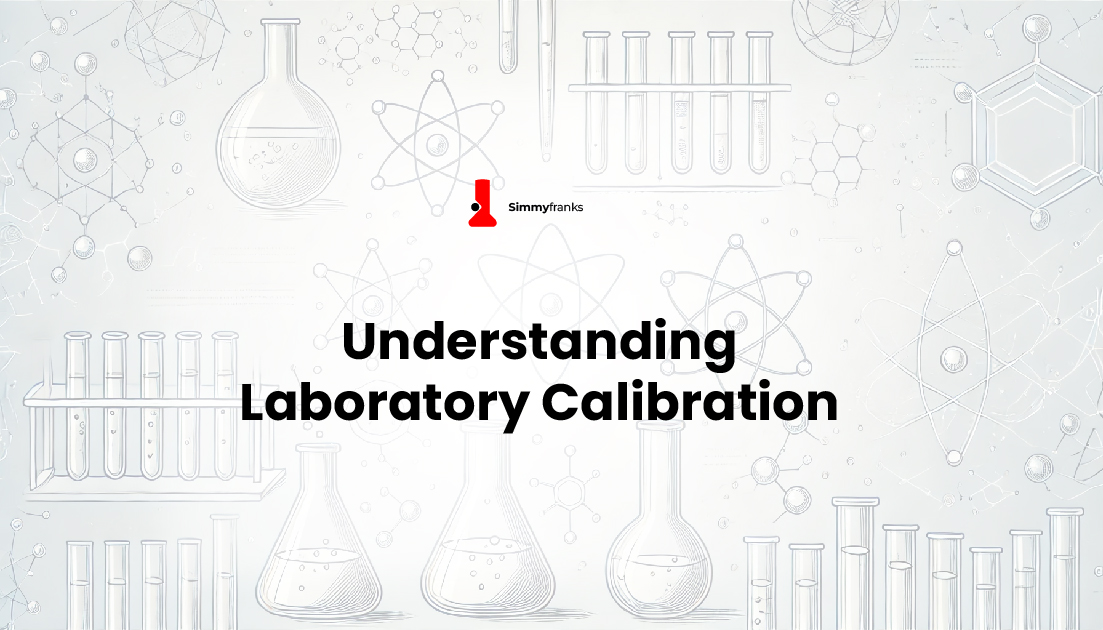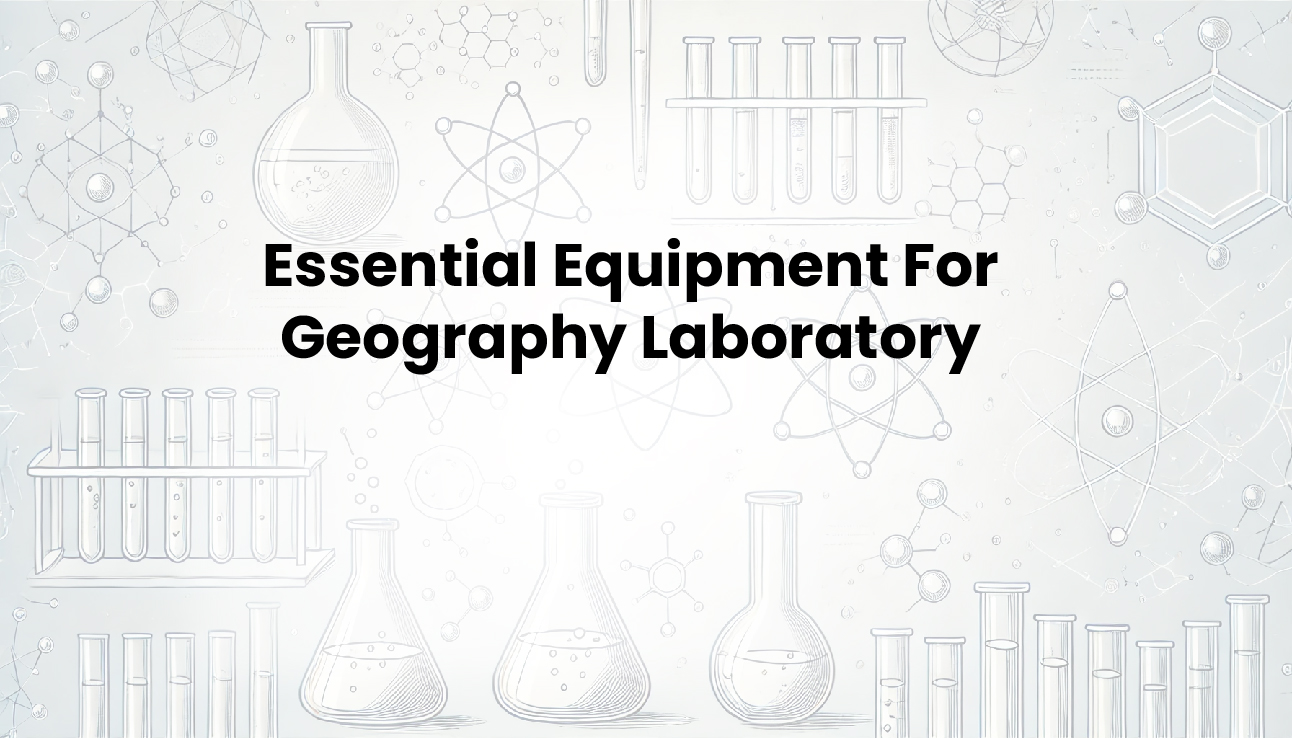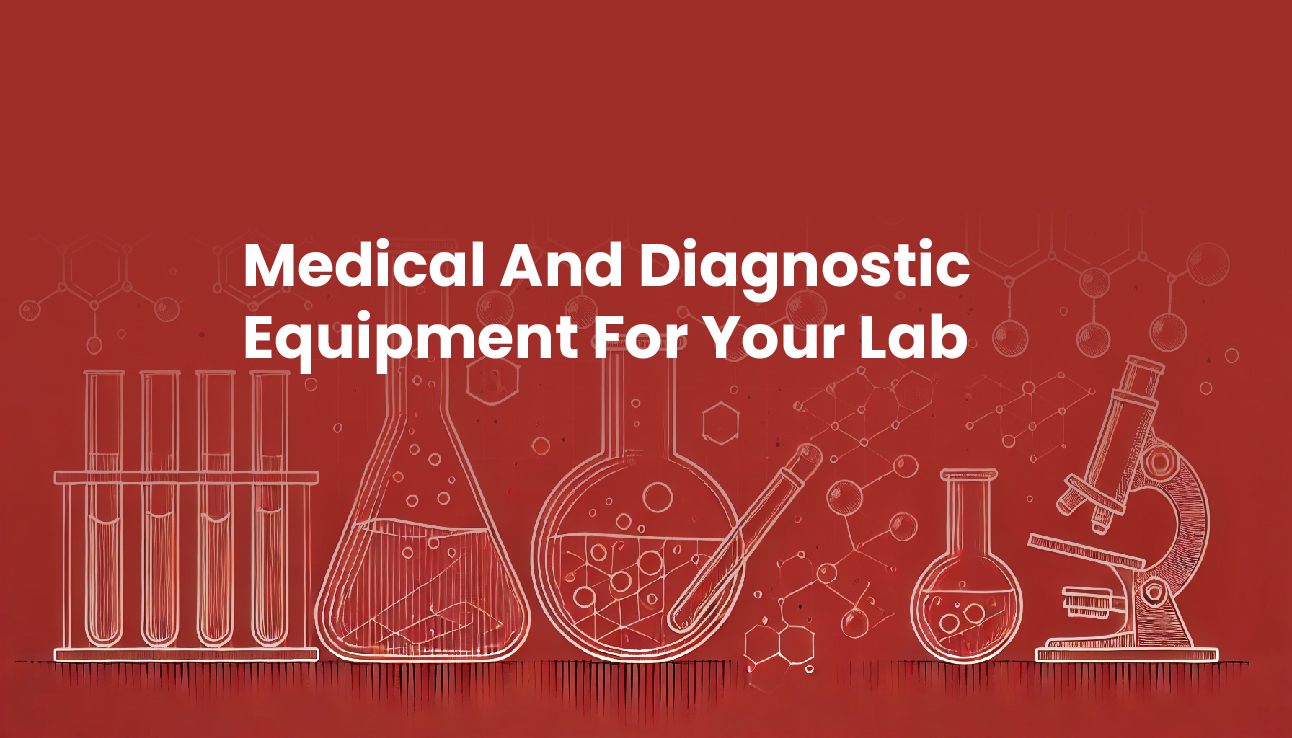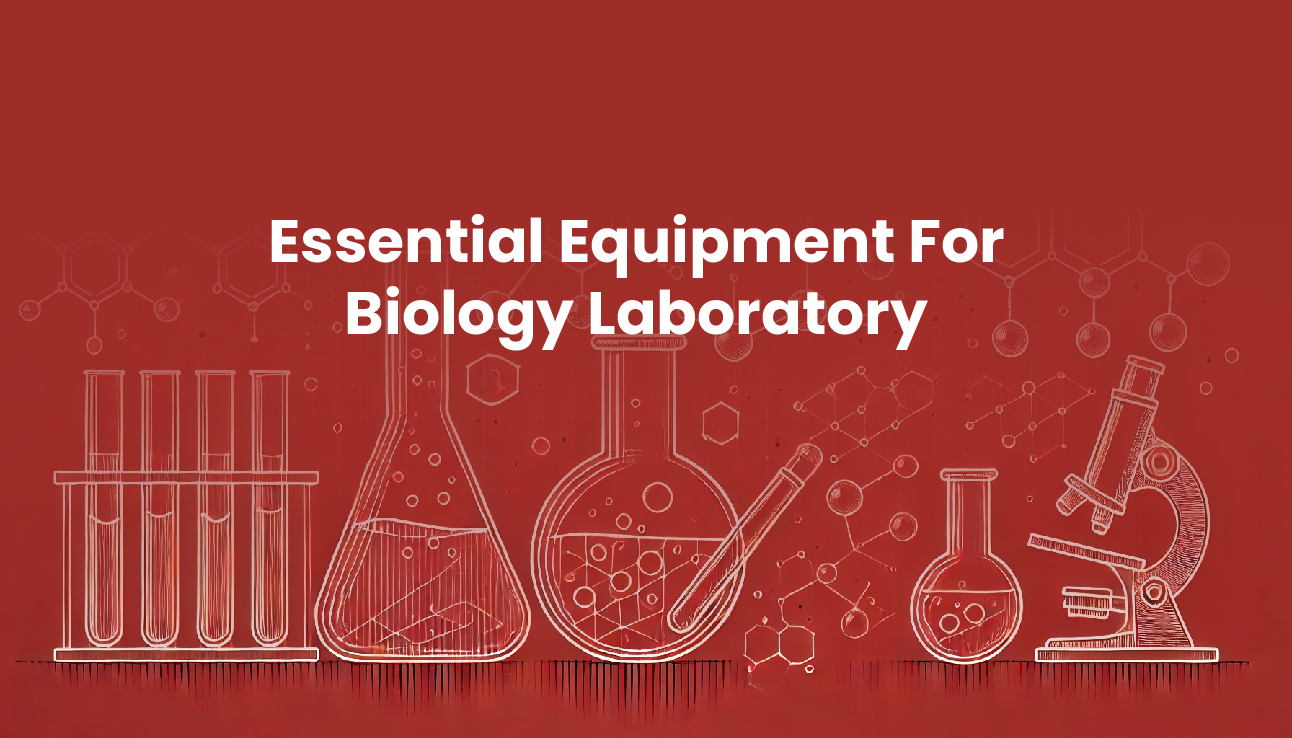In this article, we will be giving you tips for selecting the right laboratory equipment. Laboratory equipment is a crucial component of any scientific research or testing facility. The right equipment can enhance the accuracy, efficiency, and reliability of the experiment, while the wrong equipment can lead to inaccurate results, wasted resources, and even safety hazards.
With the vast array of laboratory equipment available in the market, selecting the right equipment can be a daunting task.
Tips For Selecting The Right Laboratory Equipment
1. Define your needs
Before selecting laboratory equipment, it is essential to define your needs. Identify the specific tasks you need to perform, the type of samples you will be working with, and the desired outcomes. This will help you narrow down your options and focus on equipment that meets your specific requirements.
Different experiments require different types of equipment. For example, if you are conducting microbiological experiments, you will need equipment such as incubators, autoclaves, and microscopes. If you are conducting chemical experiments, you will need equipment such as fume hoods, pipettes, and spectrophotometers.
2. Evaluate the equipment performance
When evaluating your laboratory equipment, consider its performance characteristics, such as accuracy, precision, and sensitivity. Look for equipment that has been tested and validated by reputable organizations or experts in the field.
3. Check the equipment compatibility
Ensure that the equipment is compatible with your existing infrastructure, including power supply, water supply, and ventilation systems. Also, consider the compatibility of the equipment with other equipment you plan to use in your laboratory.
4. Consider the budget and cost
Laboratory equipment can be expensive, and it is essential to consider the cost and budget when making a selection. Evaluate the total cost of ownership, including the initial purchase price, maintenance costs, and operating costs.
5. Look for durability and reliability
Laboratory equipment is subject to heavy use and harsh environments. Look for equipment that is durable and reliable, with a proven track record of performance and minimal downtime.
6. Check the manufacturer/supplier’s reputation
Research the manufacturer’s reputation and reviews from other customers. Look for suppliers like SimmyFranks that offer good customer support, training, and maintenance services.
7. Consider the safety features
Laboratory equipment can pose safety risks if not designed or used properly. Look for equipment that has built-in safety features, such as safety interlocks, emergency shut-off switches, and protective shielding.
8. Evaluate the equipment’s ease of use
Equipment should be easy to use and operate, even for personnel with limited technical expertise. Look for equipment with intuitive interfaces, clear instructions, and minimal complexity.
9. Consider the maintenance and repair requirements
Laboratory equipment requires regular maintenance and repair to ensure optimal performance. Look for equipment with easy maintenance and repair procedures, and consider the availability of spare parts and technical support.
10. Check for compliance with regulations
Laboratory equipment must comply with relevant regulations, such as OSHA, EPA, and FDA regulations. Ensure that the equipment you select meets all relevant regulatory requirements.
11. Seek expert advice
If you are unsure about selecting the right laboratory equipment, seek expert advice from colleagues, mentors, or industry experts like SimmyFranks. They can provide valuable insights and recommendations based on their experience.
Select The Right Laboratory Equipment From Simmyfranks
Simmyfranks is a leading supplier of laboratory equipment, offering a wide range of high-quality products to cater to the needs of various laboratories, research institutions, and education facilities. With a commitment to providing excellent customer service and competitive pricing, we are your go-to destination for laboratory professionals seeking reliable and efficient equipment.
At Simmyfranks, we understand the importance of reliable and high-quality cosmetics laboratory equipment for your formulation and testing needs. We offer an extensive range of laboratory essentials, carefully curated from trusted manufacturers to ensure exceptional performance and precision.
Tips For Selecting The Right Laboratory Science: FAQs
How do I determine my laboratory equipment needs?
To determine your needs, start by identifying the type of research or testing you will be conducting, and consider the specific specifications and features required for your project. Then, set a budget that aligns with your needs, ensuring you have the necessary resources to achieve your goals.
What are the benefits of considering quality and durability when selecting laboratory equipment?
The benefits are numerous! You will enjoy equipment built to last and withstand frequent use, reduced maintenance and repair costs, increased accuracy and reliability, and improved safety.
How do I evaluate the compatibility and integration of laboratory equipment?
To evaluate compatibility and integration, follow these steps: Check software and hardware compatibility to ensure seamless connectivity, assess the ease of integration with your existing equipment and setup, and consult with colleagues and experts to gain insight into potential challenges and solutions.
What are the advantages of considering maintenance and support when selecting laboratory equipment?
You will enjoy numerous benefits including reduced downtime and increased productivity, access to technical expertise and support, extended equipment lifespan, and cost savings on maintenance and repair.
What are some additional factors to consider when selecting laboratory equipment?
In addition to core functionality, consider the following factors: the equipment’s size and space requirements, noise level and ergonomics, special requirements such as temperature or humidity control, and the cost of consumables and replacement parts.
How do I stay up-to-date with the latest laboratory equipment options and technologies?
Stay current by attending industry conferences and trade shows, reading industry publications and online resources, networking with colleagues and experts, and participating in training and workshops.
What are the consequences of selecting the wrong laboratory equipment?
Selecting the wrong laboratory equipment can have serious consequences, including inaccurate or unreliable results, increased maintenance and repair costs, reduced productivity and efficiency, safety risks, and wasted resources and budget. These consequences can compromise the quality of your research, disrupt your workflow, and ultimately harm your reputation and bottom line.
How do I ensure that my laboratory equipment is properly installed and calibrated?
To ensure proper installation and calibration, follow these steps: carefully follow the manufacturer’s instructions, consult with experts and technicians if needed, and conduct regular maintenance and quality control checks.





